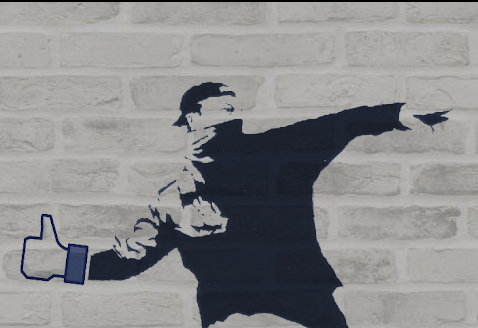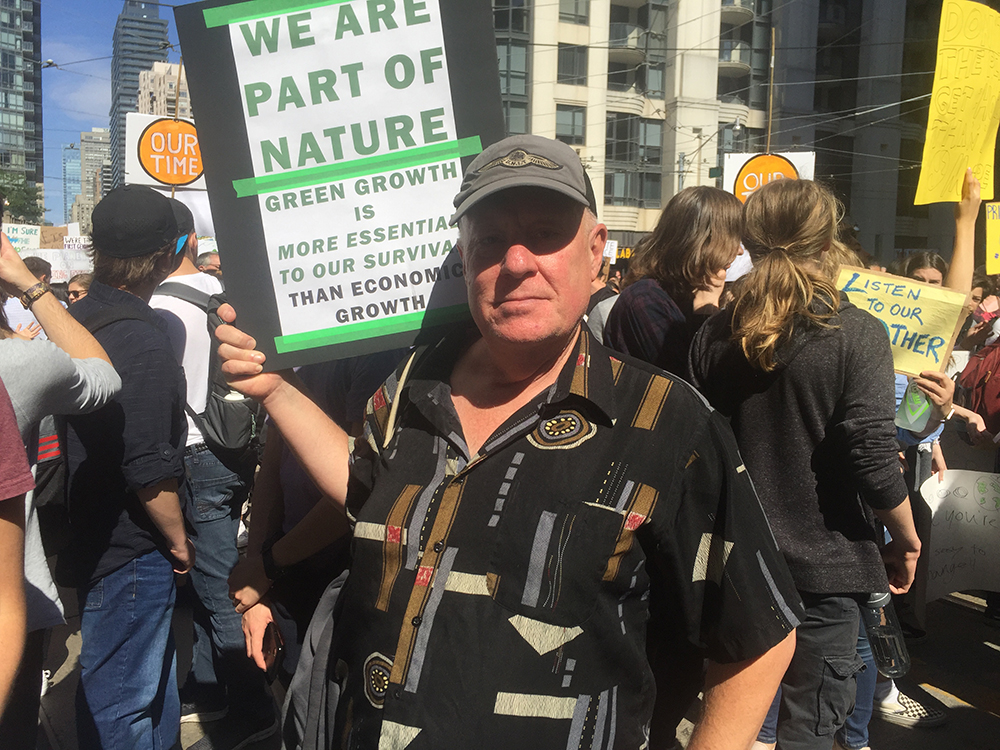Hashtag activism
Television is no longer the main medium through which people get their information about the world. (Nevertheless, the model created by television has been carried over into many aspects of the Internet and social media.)
As technology turns the world into a Global Village and more and more of us become instantly and constantly connected to one another, does the technology necessarily make us more "with it" politically? Activists in the largely democratic "first world" now use Facebook and Twitter to raise political awareness and even in attempts to influence government. (I personally have "signed" many e-petitions on Change.org through Facebook and these in turn are submitted to policy-makers such as city planners, Ministers of Parliament, the Prime MInister, and the U.S. government. Some of them have led or contributed to change. Or so I prefer to think, anyway.)

Does "armchair activism" via social media work? It certainly seems to get a message across to some people, but how deep an impact does the message make? And do important messages get lost among the parallel messages about the great sandwich your friend just had for lunch, viral videos of cats doing funny things, and all the rest of your feed? Again, like television, the Internet can flatten all media into the same kind of mediated spectacle. Perhaps there would actually be something to be said for having a separate public sphere for the debate of serious political issues and matters of public policy. Is Facebook a news medium, an entertainment medium, a place to hang out virtually with friends, a sales platform, a propaganda engine, or an instrument of political and social action? It seems to be all of these at once; but is the combination of these functions on the platform leading to more "hyperreal" de-realization of things that are actually matters of life and death, just like the mix we get on TV? In other words, do playforms like Facebook, Instagram, and Twitter-X cheapen and trivialize political matters that are actually very serious? Is this just something that the "mediation" of reality inevitably does? Is there a possibility that books and newspapers were better than television somehow, and the Internet is somewhere in between? It's all mediation of reality, of course. All potentially ignorable, or treatable as "entertainment."
Hashtag activism or trivializing slacktivism?
The minimalist political engagement of "liking" or sharing a cause has come to be branded "slacktivism" by some, suggesting it is a lazy and uncostly form of political "engagement." Opponents of slacktivism feel that the political impact of clicking a virtual button is minimal. Compared to writing a letter, canvassing your neighbourhood, participating in a live demonstration, putting up a hardcopy poster, or donating time and money to an organized action, supporting a cause online has little obvious concrete or even "dramatic" effect, and thus does little to make a cause gain in public understanding or support, or to change the minds of policy-makers. Indeed, some would say that it can actually harm a cause, by putting it on the same level as one's choice of cutest kitten. And it encourages the participants as well to take their political activity no more seriously than any other parasocial pastime.
Reid Goldsmith (2011), however, seems to offer a slightly more positive view of the potential of "slacktivism," particularly as a first step toward more personally and physically demanding forms of genuine activism; and Vitek et al. (2011), while certainly inconclusive, does seem to find some correlation between engagement in politics through social media and more embodied forms of political participation offline.
Of course, many have found that engaging in slacktivism has sometimes led to taking on less virtual forms of political action in the real world (that's me, before my Covid beard).
